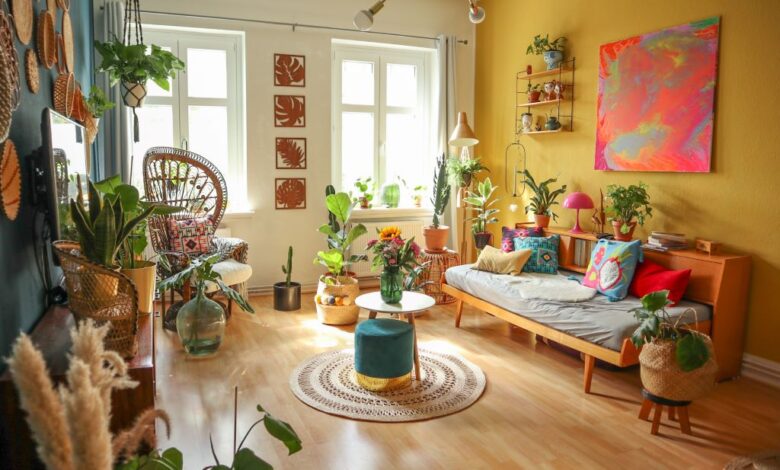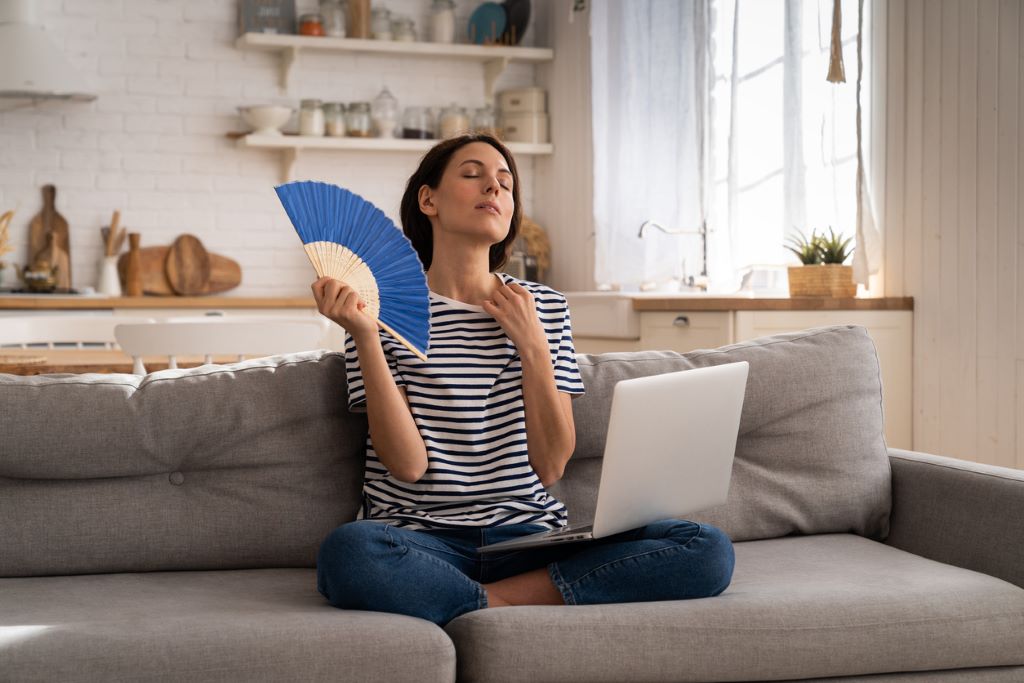How to Improve Humidity in Your House

Are you tired of the dry, uncomfortable air in your home during the winter months? Low humidity can lead to a range of issues, from dry skin and irritated eyes to increased susceptibility to respiratory problems. Fortunately, there are several effective ways on how to improve humidity in house and create a more comfortable living environment. In this article, we will explore these methods step by step, ensuring your home becomes a haven of optimal humidity levels.
Understanding the Importance of Humidity
Before we dive into the solutions, let’s understand why humidity matters. Humidity refers to the amount of moisture present in the air. Maintaining the right humidity level in your home is crucial for several reasons:
1. Health and Comfort
Low humidity can lead to dry skin, irritated eyes, and a scratchy throat. It can also exacerbate conditions like asthma and allergies. By optimizing homey improvements, you can significantly improve your overall comfort and well-being.
2. Protecting Your Home
Insufficient humidity can damage wooden floors, furniture, and musical instruments. It can also cause cracks in your walls and ceilings. Properly regulated humidity can help preserve the integrity of your home.
Determining Your Home’s Current Humidity Levels
The first step in improving your home’s humidity is to determine its current levels. You can do this by using a hygrometer, a device designed to measure humidity accurately. Place it in various rooms to get an idea of where adjustments are needed the most.
Increasing Humidity Naturally
Now that you know your current humidity levels, let’s explore some natural methods to increase humidity in your home:
1. Use Houseplants
Houseplants not only add greenery to your space but also release moisture through a process called transpiration. Consider placing a few indoor plants strategically to help raise humidity levels.
2. Open Bathroom and Kitchen Doors
After taking a hot shower or cooking, leave the bathroom and kitchen doors open. This allows the steam to disperse throughout your home, increasing humidity.
3. Bowls of Water
Place bowls filled with water near heat sources like radiators or heaters. As the water evaporates, it will increase the humidity in the room.
Using Humidifiers
Humidifiers are devices designed explicitly to increase humidity levels in your home. There are two primary types:
1. Cool Mist Humidifiers
These release room-temperature mist into the air, making them suitable for homes with children and pets. They’re also more energy-efficient.
2. Warm Mist Humidifiers
These humidifiers boil water to create warm steam. They are excellent for combating bacteria and viruses but require more energy to operate.
Maintaining Your Humidifier
To ensure your humidifier works effectively, you need to maintain it properly:
1. Regular Cleaning
Clean your humidifier regularly to prevent mold and bacteria buildup. Follow the manufacturer’s instructions for cleaning and disinfecting.
2. Change Filters
If your humidifier has a filter, replace it as recommended. A dirty filter can reduce the unit’s efficiency.
Monitoring and Adjusting Humidity
After implementing these methods, continue monitoring humidity levels with your hygrometer. Aim for a comfortable indoor humidity level of around 40-60%. Adjust your humidifier settings accordingly.
Conclusion
Improving humidity in your house is essential for your health and the well-being of your home. Choosing the best paint finish for your living room is just as crucial as improving humidity in your house for your overall comfort and well-being. By following these natural methods and using humidifiers wisely, you can create a comfortable living space with the ideal humidity levels. Say goodbye to dry skin and irritated eyes and welcome a healthier, more comfortable home environment.
FAQs
- Can I use essential oils in my humidifier?
Yes, many humidifiers are compatible with essential oils. However, make sure to follow the manufacturer’s guidelines and use oils that are safe for inhalation.
- What should I do if my home’s humidity is too high?
If your home’s humidity levels are consistently above 60%, you may want to consider using a dehumidifier to reduce moisture in the air.
- Are there any health risks associated with high humidity?
Excessively high humidity can create a breeding ground for mold and dust mites, which can lead to respiratory issues and allergies. It’s essential to maintain a balanced humidity level.
- Can I over-humidify my home?
Yes, over-humidifying your home can lead to problems like condensation on windows and mold growth. Regularly monitor humidity levels to avoid excessive moisture.
- Is it safe to leave a humidifier running overnight?
It’s generally safe to leave a humidifier running overnight, but ensure it’s placed at a safe distance from your bed and follow the manufacturer’s recommendations for operation and safety.





